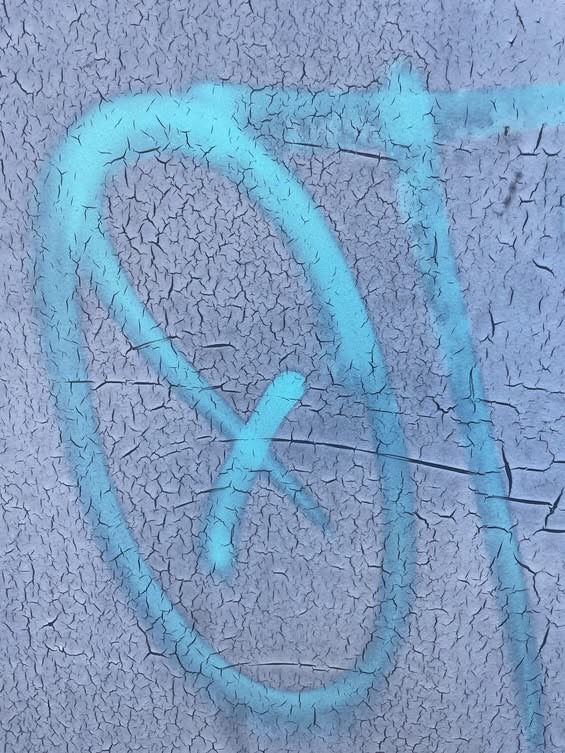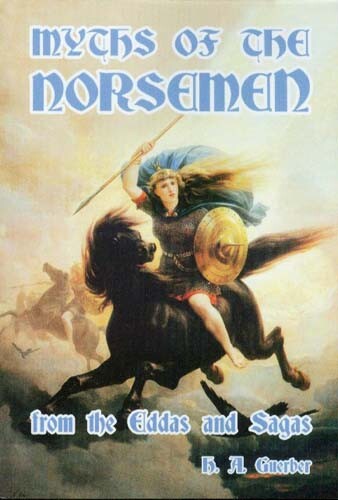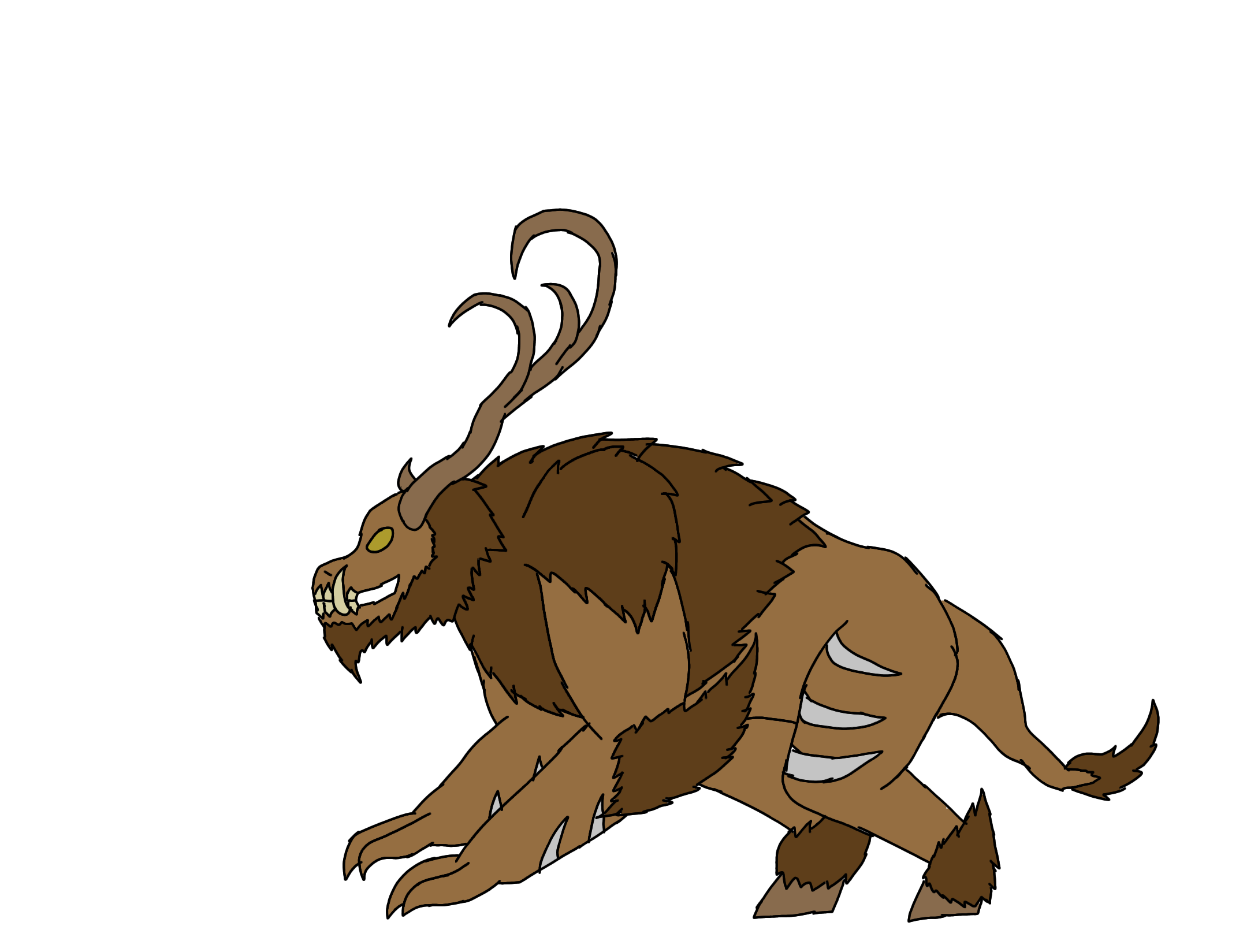Horse Spirits and Folklore from Around the World

Horse spirits have captivated human imagination across cultures and centuries, symbolizing power, freedom, mystery, and the supernatural. This article explores various horse spirits and their roles in folklore globally, highlighting their cultural significance and the stories that have been passed down through generations.
Table of Contents

- Introduction to Horse Spirits
- Horse Spirits in European Folklore
- Horse Spirits in Asian Traditions
- Horse Spirits in African and Indigenous Cultures
- Common Themes and Symbolism
- Frequently Asked Questions (FAQ)
1. Introduction to Horse Spirits
Horse spirits are mythical or supernatural beings often depicted as horses or horse-like creatures. They appear in legends, myths, and folklore, embodying qualities such as strength, speed, and connection to the spiritual world. These spirits often serve as guides, protectors, or omens.
2. Horse Spirits in European Folklore
- Kelpie (Scotland): A shape-shifting water spirit usually appearing as a horse near rivers and lakes. Kelpies are known to lure people to watery graves but can also be tamed.
- Nuckelavee (Orkney Islands): A terrifying horse-demon with no skin, symbolizing disease and destruction.
- The White Horse of Uffington (England): A prehistoric hill figure linked to ancient horse worship and possibly horse deities.
3. Horse Spirits in Asian Traditions
- Tianma (China): The “Heavenly Horse,” a celestial steed associated with speed and divine power, often linked to the legendary Ferghana horse.
- Hayagriva (India): A horse-headed avatar of the god Vishnu, symbolizing knowledge and wisdom.
- Kirin (Japan/China): Though more dragon-like, sometimes depicted with horse features, representing good fortune and protection.
4. Horse Spirits in African and Indigenous Cultures
- The Adze (Ewe people, Ghana/Togo): A vampiric spirit sometimes taking the form of a horse.
- The Windigo Horse (Native American folklore): A spectral horse associated with the Windigo, a cannibalistic spirit.
- Pooka (Irish but also found in some indigenous stories): A shape-shifting spirit often taking horse form, known for mischief.
5. Common Themes and Symbolism
| Theme | Description | Examples |
|---|---|---|
| Shape-shifting | Many horse spirits can change form | Kelpie, Pooka |
| Water Connection | Spirits linked to rivers, lakes, or the sea | Kelpie, Nuckelavee |
| Protection | Guardians or bringers of good fortune | Kirin, Hayagriva |
| Danger and Death | Spirits that warn or cause harm | Nuckelavee, Windigo Horse |
6. Frequently Asked Questions (FAQ)
Q1: What do horse spirits symbolize?
A: They often symbolize freedom, power, mystery, and a connection between the physical and spiritual worlds.
Q2: Are horse spirits always malevolent?
A: No, their nature varies by culture; some are protective and benevolent, while others are dangerous or tricksters.
Q3: Why are horses common in folklore?
A: Horses have been vital to human societies for transportation, warfare, and agriculture, making them powerful symbols in myths.
Q4: Can horse spirits be tamed or controlled?
A: In some stories, yes. For example, the Kelpie can be tamed by capturing its bridle.
Horse spirits continue to inspire stories, art, and cultural traditions worldwide, reflecting humanity’s enduring fascination with these majestic creatures and their mystical qualities. Understanding these spirits offers insight into the values, fears, and hopes of different cultures.
